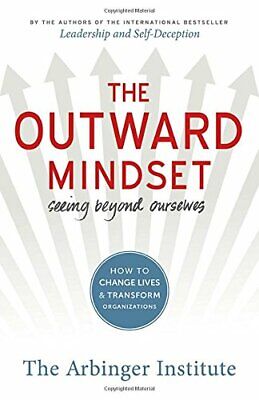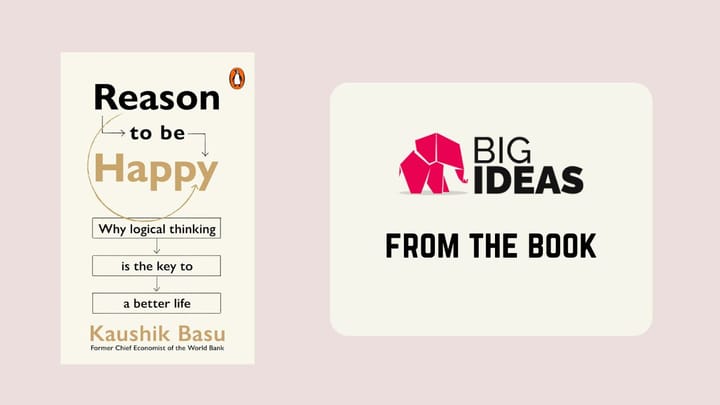The Outward Mindset: Seeing Beyond Ourselves – The Arbinger Institute

With an inward mindset, people behave in ways that are calculated to benefit themselves. With an outward mindset, people are able to consider and behave in ways that further the collective results that they are committed to achieving.
Being Outward
Being outward does not imply that people should engage in this or that prescribed behavior. It means that when people see the needs, challenges, desires, and humanity of others, the most effective ways to adjust their efforts occur to them in the moment.
So while the goal of shifting mindsets is to get everyone turned toward each other, accomplishing this goal is possible only if people are prepared to turn their mindsets toward others with no expectation that others will change their mindsets in return.
See, Adjust, Measure
The framework for working with the outward mindset goes by the acronym SAM—see others, adjust efforts, and measure impact.
- See others: Ask your executive team to see what each of their colleagues is doing and push the executives to reveal what is not working and to be vulnerable about their real needs and challenges.
- Adjust efforts: Once challenges are revealed, invite the team to step in and help.
- Measure impact: At weekly meetings, the executive team assesses the effects of the help they are providing across the entire team’s efforts.
Make the First Move
Adopt an outward mindset even when others don’t. Rather than complain, we can make the move we are waiting for the other person to make—we can act the way we want the other person to act.
While we think this might lead us to be taken advantage of, it is not a “soft” thing to do—in fact, it’s a hard behavior that requires courage. Putting others’ interests first when we aren’t sure others are doing the same is a scary move.
The Outward Mindset
The outward mindset is a way of looking at the world. It involves seeing beyond yourself and making others feel valued. An outward mindset focuses on others and on what is important to all stakeholders: our employees, customers, manager, and family members.
An outward mindset means that we genuinely see, hear, and listen to others. We evaluate their needs, objectives, and challenges rather than focusing on our own. When we do this, options occur to us that we never had before (e.g., the formula story), and we can focus on the collective result we desire.
The Inward Mindset
An inward mindset is focused on self-benefit and self-concern—our individual self-interest or, if we are operating in a larger organization, our individual team or division.
When people focus on themselves rather than their impact, lots of activity and effort get wasted on the wrong things. Collaboration suffers, innovation is limited, and employees disengage due to the boredom inherent with inward-minded thinking and working.



Comments ()